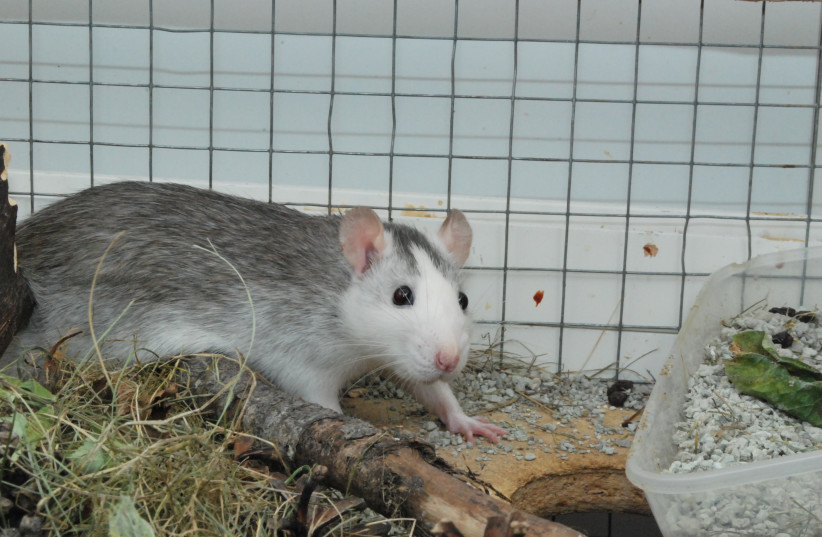A series of experiments conducted by the University of South Carolina (USC) in which rats receive electric shocks for seeking cocaine has been stopped due to a university investigation into the lab's ethical practices, according to local news outlet The State.
The experiment was funded by grant money from the US National Institutes of Health (NIH), The State reported.
Citing email interactions between the university and the NIH's Office of Laboratory Animal Welfare, The State reported that the electric shocks were administered at a greater strength and for a longer period of time than had been approved by the NIH.
“USC is committed to upholding the highest standards in the ethical treatment and responsible use of animals on its campuses,” university spokesman Jeff Stensland said in the statement cited by The State. “All research involving animals is highly regulated and subject to rigorous approval and oversight procedures.”
Funding for the rat cocaine experiment
The National Institute on Drug Abuse (NIDA, a branch of the NIH) awarded the project a $248,216 grant in 2022, according to local news source Fox Carolina. 2023 is the fourth grant in four years that the assistant professor leading the experiment has received from the National Institutes of Health, adding up to more than $824,000 since 2019.

A spokesperson for NIDA confirmed to Fox Carolina that the grant is still active. However, the animal rights group Stop Animal Exploitation Now has called for the experiment to be stopped permanently, sending a formal letter to USC's president Michael Amiridis on May 10. The group called for the lead researcher to be barred from animal research and called the research methods "barbaric," according to Fox Carolina.
